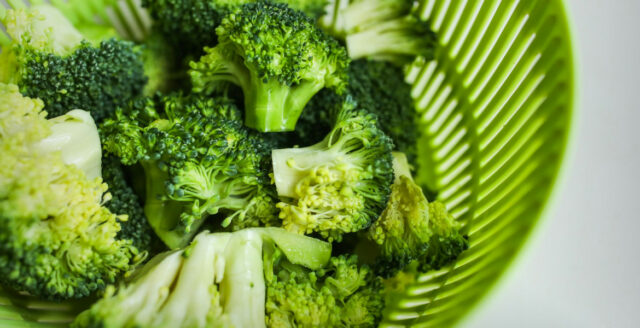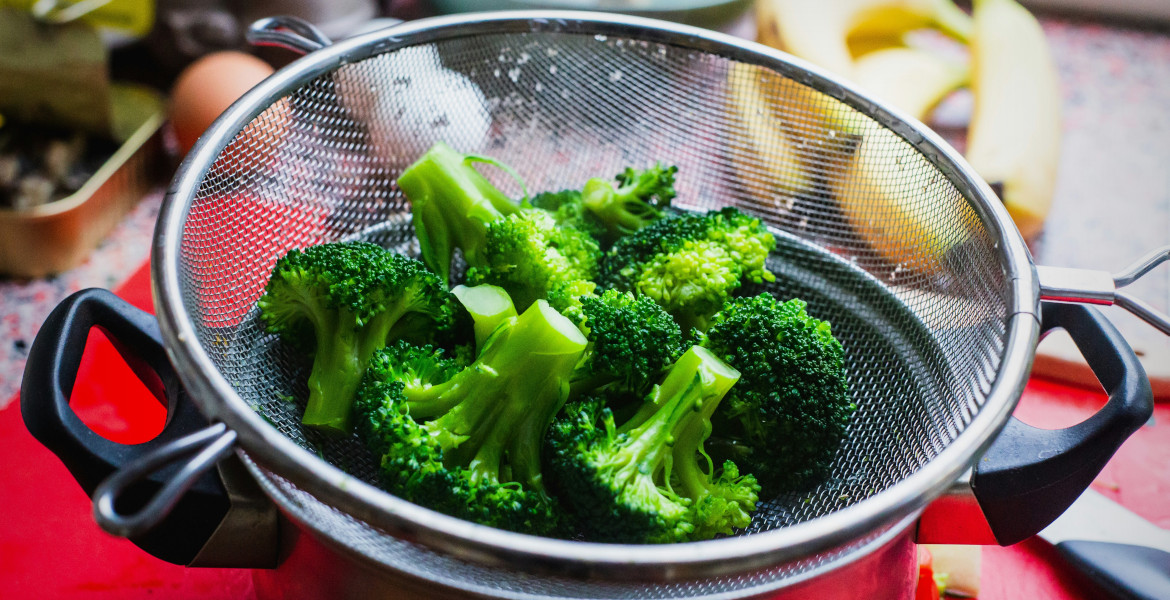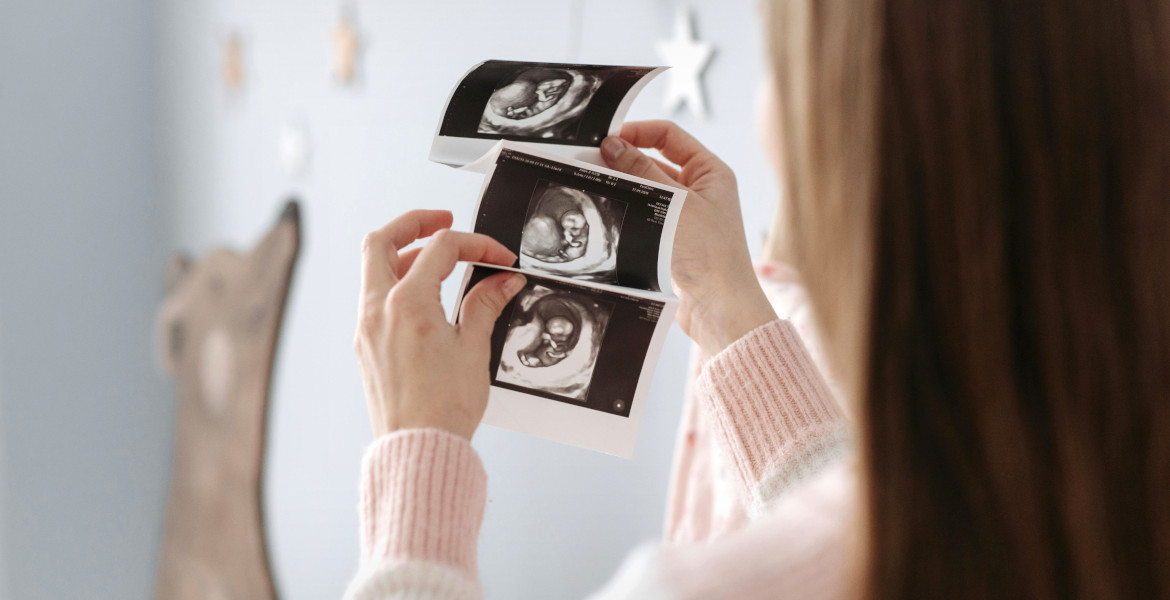People who eat more broccoli and cauliflower have a lower risk of colorectal cancer, according to a Chinese study. However, moderate amounts are sufficient to achieve the protective effect.
Colorectal cancer is the third most common form of cancer worldwide and is also the second leading cause of cancer-related deaths.
In Sweden, colorectal cancer has increased among young people over the past thirty years, and mortality from this form of cancer has increased among patients in all age groups for up to ten years after cancer diagnosis.
In the study, which was published in BMC Gastroenterology, researchers analyzed data from 17 previous studies, with a total of 639,539 participants, including 97,595 cases of colorectal cancer.
The purpose was to investigate whether higher vegetable intake corresponded to greater risk reduction for this form of cancer and, if so, the specific amounts at which this effect became significant.
The results showed that those who ate more cruciferous vegetables, such as broccoli, cabbage, cauliflower, or Brussels sprouts, had a 20 percent lower risk of colorectal cancer compared to those who ate less.

Glucosinolates
These vegetables contain many beneficial substances such as vitamins, fiber, and antioxidants. But what makes them extra special are compounds called glucosinolates. When you chew these vegetables, glucosinolates break down into other compounds called isothiocyanates – particularly one called sulforaphane.
These are the compounds that give the vegetables their strong, sometimes slightly bitter taste and smell. These are also the compounds believed to be cancer-preventive.
The researchers found that the greatest risk reduction was observed between 20 and 40 grams, but no significant improvement was seen above 40 grams per day.
The study was conducted at the Second Clinical Medical School of Inner Mongolia University for the Nationalities in Yakeshi, China.




